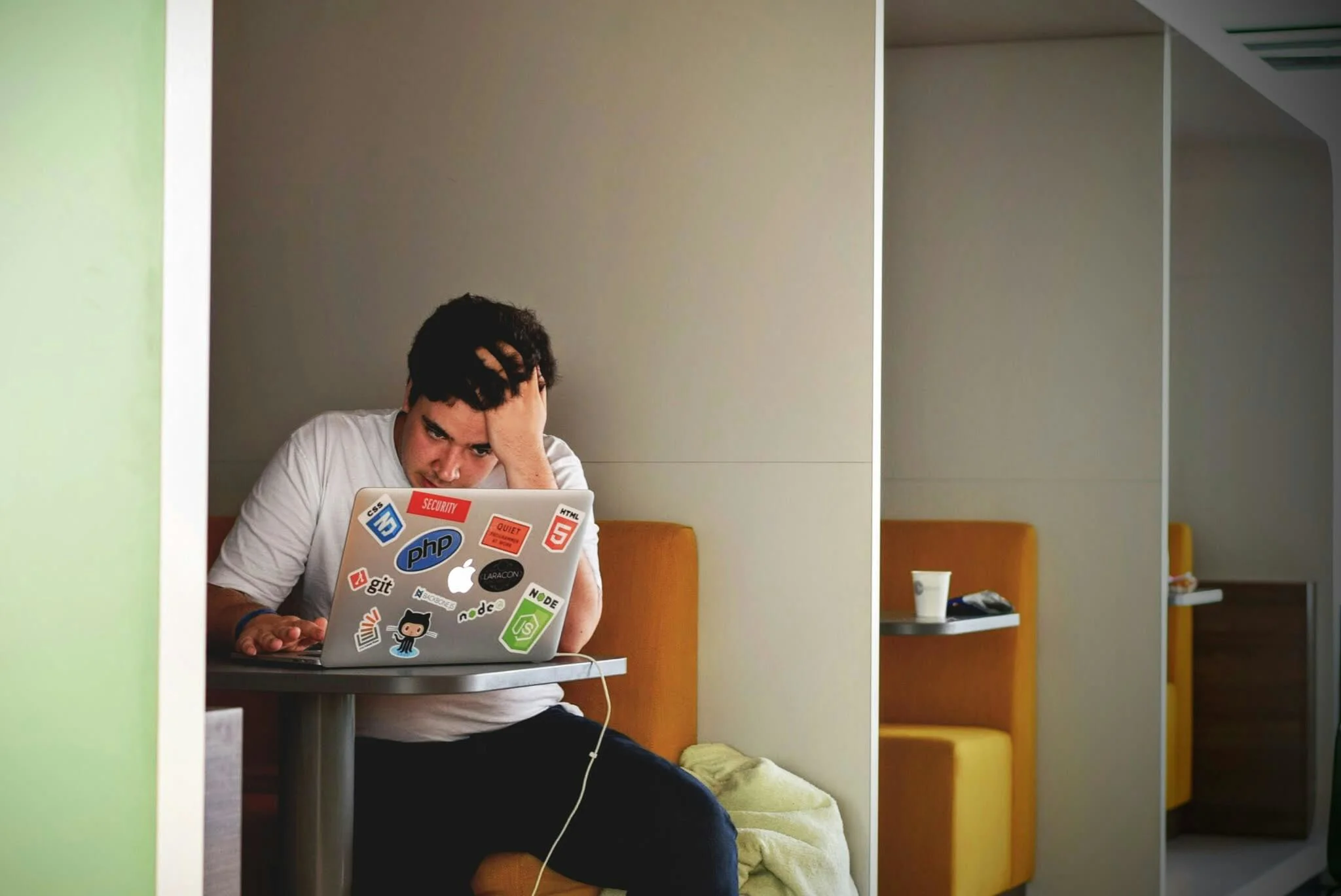The importance of taking breaks at work
Taking breaks at work: why it’s important and three top tips
What has taking a lunch break at work got to do with your mental and physical health? Quite a lot as it turns out! Dr Mike Oliver is one of the consultants in the Charlie Waller Workplace team and an expert in this field. We asked him to tell us more.
How did you become interested in this subject, Mike?
When I was training to become a health psychologist, I needed to conduct some in-depth research. As I specialise in the workplace as a health setting, I was fascinated to explore if taking a break at lunchtime makes a difference to our mental and physical health. And I also was intrigued by why some people are more likely to take breaks than others.
What are the health consequences of taking breaks (or not)?
We can split these into physical and psychological consequences (but I would say that those two things overlap a lot). People who have jobs which involve a lot of sitting down, and who don’t make an effort to take meaningful breaks, are more likely to experience weight gain, heart disease or diabetes. And from a psychological perspective people who do take meaningful breaks at lunchtime are more likely to have better mood, experience better wellbeing and be less tired.
I would also say that there’s a business case for organisations to take this subject seriously. Research shows that people who take breaks are likely to be more productive, perform better in their role, and to be more motivated, proactive, creative and willing to learn.
Why do you think some people are more inclined to take breaks than others?
People’s behaviours depend on various factors: people are not simply divided into those who always take breaks and those who never do. We have to acknowledge that sometimes work does ‘get in the way’ of taking breaks, so our behaviour when it comes to taking breaks can become a bit mixed.
The influence of social and work relationships is key. If your colleagues take breaks then you are more likely to yourself and vice-versa.
The things that get in the way of taking breaks include people organising meetings at lunchtime – work tends to ‘win’ when we’re faced with the question “should I attend this meeting that my boss has called, or take the break that I know I need?”. And that leads into the subject of bosses and their behaviour when it comes to taking breaks…simply put, people are more likely to take a break if they see their bosses taking their break.
Another interesting feature is people who consider a break to include staying at one’s desk, perhaps catching up on a few “easy” emails. This isn’t really a break, and you are much more likely to be collared by a colleague for “just a quick question”. So, if you can, get away from your workspace completely!
Was there anything surprising from your research?
The thing that struck me the most initially related to my own behaviour. I was lucky to be able to cycle into my workplace, and it took me about an hour. So because of that, I thought I had a ‘free pass’ when it came to taking breaks during the working day, and I found myself hardly taking them. But this isn’t the case. You still need to take regular short breaks and a meaningful break at lunchtime to get the physical and mental benefits that come with taking breaks.
Have you noticed a difference since more people have been working from home?
I haven’t done any formal research on this yet. But whenever I’m talking to teams about mental health in the workplace as part of my role here at Charlie Waller Workplace, I try and ask people what they do about breaks if they’re working from home. What I’ve noticed is that during the pandemic, and certainly during the lockdowns, many people felt ‘guilty’ about not being at their desk. This led to people not taking breaks as much as they had when they were at their usual place of work.
But what I’ve noticed is that, similar to the findings from before the pandemic, there appear to be broad groups of those that do, those that want to (but don’t) and those who rarely take breaks. When we don’t have others around us taking breaks, those social prompts are harder to recreate.
What is your advice for people who want to take breaks, but find it hard to?
That’s a great question. A lot of people know that taking breaks will be good for them – but often find lunchtime has passed them by for another day, and they’ve worked all the way through until home time. My research showed that these three things really help:
- Make breaks something you do with others – perhaps just going for a short walk with a colleague (and try not to talk about work!)
- Encourage each other to make it a habit. You can do this even when you’re working alone and at home. A quick call to a colleague to tell them that you’re going on your break or a team message (ideally from a boss) to everyone to remind them to take their break can work really well.
- Have bosses who take their breaks! If you are in charge of people, what you do really counts. If you take a break, your team members are much more likely to take breaks too. And encouraging your team to take a break, but not taking one yourself, really doesn’t count.


